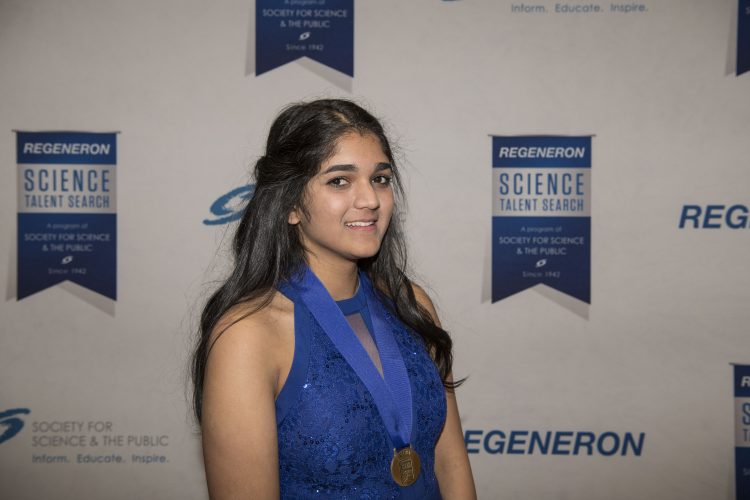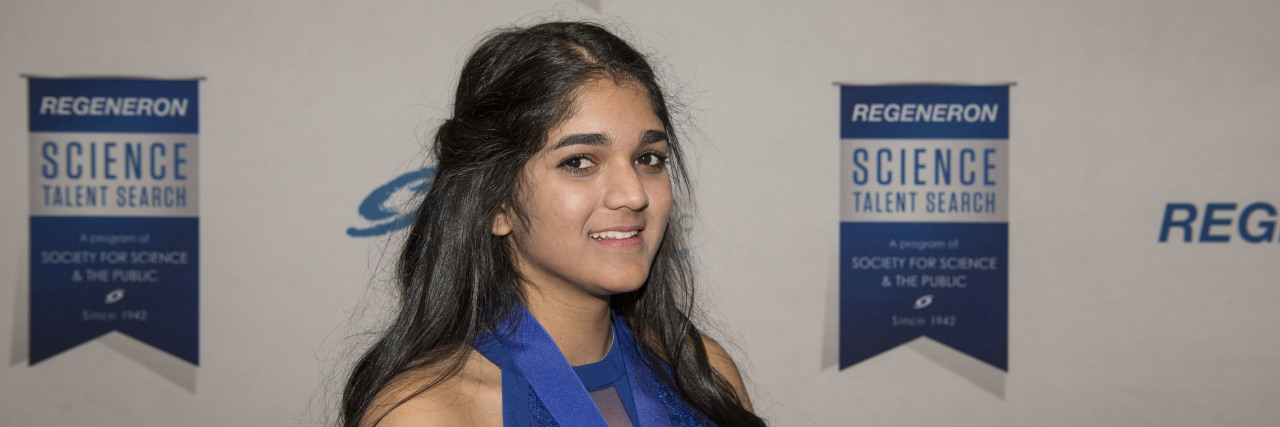Every year, there are so many different projects at fairs surrounding “high-profile” diseases, such as various types of cancer, Alzheimer’s, Parkinson’s, and Huntington’s. It’s incredible that the students completing these projects are dedicating their time towards research that may one day limit the suffering of these patient populations, but there are so many other disorders people struggle with across the nation and globe that receive nowhere near the same level of attention. Rare or orphan diseases affect 350 million people worldwide, but we have not even heard of most of them. These patients go through the same challenges as those who have more well-known conditions, but they have the additional burden of not feeling as if their needs are a priority.
Taking this into account, I decided to choose a rare condition to pursue further research on because I felt that my dedication to this cause could truly make a change.
For me, finding initial inspiration for a research project is the most difficult part of the entire process. I distinctly recall my failure at completing a sound project my freshman year, simply because I didn’t feel passionate enough about the topic I had chosen. Since then, I’ve found a cause I feel strongly about — rare diseases — and now research is something I see as an opportunity rather than an obligation.
Through my literature search, I learned about Turner syndrome, which is a rare genetic condition that affects 1 in every 2,000 women. Women with Turner syndrome only have one sex chromosome, rather than the standard two. As a result, the common complications associated are short stature, infertility, and congenital heart abnormalities. I planned to use this as a topic idea for just my sophomore year, but then after attending the National Turner Syndrome Conference in Cincinnati, Ohio and meeting with some of the most renowned medical professionals in the field, all of a sudden, I knew this was going to be something important to me for a long time to come.
In Cincinnati, I met so many wonderful women who were will to be vulnerable with me about their needs and insecurities. I saw with my own eyes the desperation they had for medical research surrounding their condition, and I could tell the kind of adversity they had endured with little to no support. Nothing could be more rewarding than to meet a need that is without a doubt prominent, so my experience at this conference combined with similar experiences I had at the International Turner Syndrome Conference in Cancun, was the motivation I needed to carry out this project for the last three years of my high school career. (I also plan to follow through with this research throughout college.)
Ultimately, I strongly believe that being creative in one’s initial choice for a research topic is crucial. As sad as it is, there is a lot of suffering in the world that many of us are lucky enough to not experience firsthand.
As young scientists, it is our responsibility and privilege to make a change where it is most needed. I urge everyone to consider investing time and effort to research rare conditions, and to think outside of the box when they embark on the journey of scientific research. 
Isani was one of the top 40 finalists in the 2018 Regeneron Science Talent Search.
This story originally appeared on Medium

